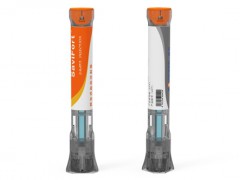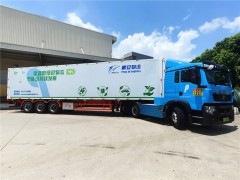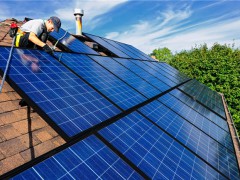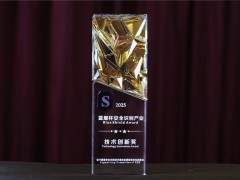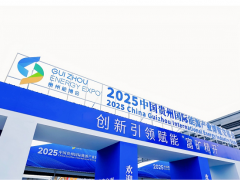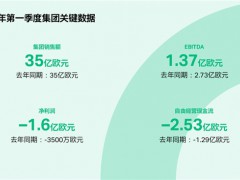據(jù)世界石油網(wǎng)站1月11日?qǐng)?bào)道 阿曼石油部長(zhǎng)表示,歐佩克及其盟友不希望原油價(jià)格攀升至每桶100美元,目前正在迅速恢復(fù)生產(chǎn),以防止全球市場(chǎng)“過(guò)熱”。
歐佩克及其盟友是由沙特阿拉伯和俄羅斯領(lǐng)導(dǎo)的23國(guó)集團(tuán),繼續(xù)以40萬(wàn)桶/日的增產(chǎn)來(lái)逐步恢復(fù)疫情期間消減的產(chǎn)量,盡管實(shí)際上其增長(zhǎng)受到內(nèi)部動(dòng)蕩和預(yù)算緊縮的限制。今年,倫敦原油價(jià)格上漲,達(dá)到每桶80美元。
阿曼石油部長(zhǎng)Mohammed Al Rumhi在利雅得接受采訪時(shí)表示:“我們對(duì)歐佩克+非常謹(jǐn)慎,將在每個(gè)月的產(chǎn)量中進(jìn)行考察,但到目前為止,我認(rèn)為40萬(wàn)桶/日的產(chǎn)量是利好消息,因?yàn)樾枨笳谠黾樱覀兿M_保市場(chǎng)不會(huì)“過(guò)熱”。同時(shí),我們不希望出現(xiàn)每桶100美元的油價(jià),因?yàn)槭澜邕€沒(méi)有做好準(zhǔn)備。”
石油價(jià)格的上漲給許多消費(fèi)國(guó)敲響了警鐘,因?yàn)槠浼觿×送泬毫Γ{著世界經(jīng)濟(jì)從疫情中復(fù)蘇。Al-Rumhi表示,部分問(wèn)題是全球生產(chǎn)能力在支出持續(xù)減少后出現(xiàn)緊縮。
Al-Rumhi表示:“在過(guò)去的五年里,在這個(gè)行業(yè)的投資是有限的,我們現(xiàn)在正在為此付出代價(jià)。”
這是一個(gè)困擾歐佩克自身的問(wèn)題。
上月,由于尼日利亞等受到石油供應(yīng)中斷的困擾,歐佩克只完成了部分增產(chǎn)計(jì)劃。許多成員國(guó)(如安哥拉和馬來(lái)西亞)也看到了由于投資減少而導(dǎo)致的產(chǎn)量下降,就連俄羅斯上個(gè)月也在努力提高產(chǎn)量。
另外,阿曼正計(jì)劃首次進(jìn)行國(guó)際礦物競(jìng)標(biāo),來(lái)自日本和英國(guó)的公司表現(xiàn)出對(duì)硅酮開采投資的興趣。
王磊 摘譯自 世界石油
原文如下:
OPEC targeting oil prices below $100, Oman’s oil minister says
OPEC and its allies don’t want crude prices to climb to $100 a barrel, and are reviving production quickly enough to prevent global markets from “overheating,” Oman’s oil minister said.
The Organization of Petroleum Exporting Countries and its allies, a 23-nation group led by Saudi Arabia and Russia, continues to restore output halted during the pandemic at a gradual pace of 400,000 barrels a day -- though in practice its increases have been restricted by internal unrest and depressed budgets. Crude prices have rallied this year, topping $80 a barrel in London.
“We’re very careful at OPEC+, we will look at each month as we go,” Omani Oil Minister Mohammed Al Rumhi said in an interview in Riyadh. “But so far, I think 400,000 is good because demand is increasing and we want to make sure that the market is not overheating. We don’t want to see $100 a barrel. The world is not ready for that.”
Oil’s rally has alarmed many consuming nations as it stokes inflationary pressure that’s menacing the world’s economic recovery from the pandemic. Part of the problem has been a crunch in global production capacity following a run of reduced spending, Al Rumhi said.
Over the past five years “investments have been limited in the industry and we’re paying the price for it now,” Al Rumhi said.
It’s an issue afflicting OPEC+ themselves.
OPEC made only part of its planned output increase last month as Nigeria were beset by disruptions. Many members of the wider coalition -- such as Angola and Malaysia -- are also seeing production falter because of diminished investment. Even Russia struggled to boost volumes last month.
Separately, Oman is planning its first ever international bidding round for minerals, with companies from Japan and the U.K. having shown interest in investing in silicone extraction.
免責(zé)聲明:本網(wǎng)轉(zhuǎn)載自其它媒體的文章,目的在于弘揚(yáng)石化精神,傳遞更多石化信息,并不代表本網(wǎng)贊同其觀點(diǎn)和對(duì)其真實(shí)性負(fù)責(zé),在此我們謹(jǐn)向原作者和原媒體致以敬意。如果您認(rèn)為本站文章侵犯了您的版權(quán),請(qǐng)與我們聯(lián)系,我們將第一時(shí)間刪除。

